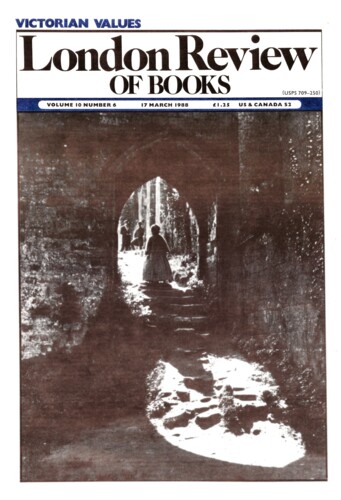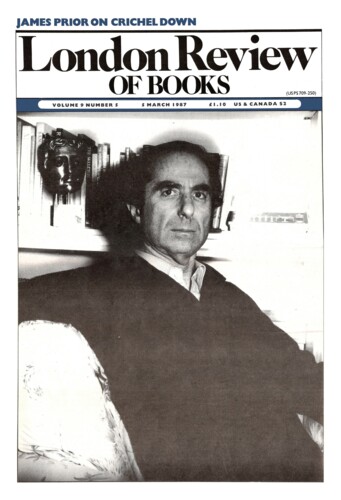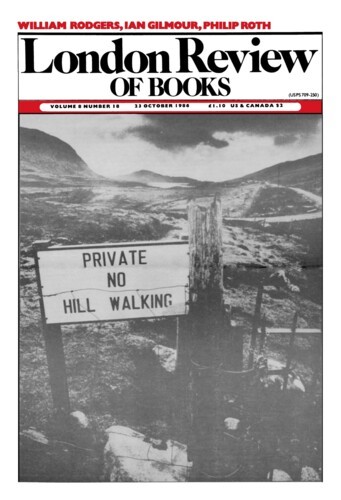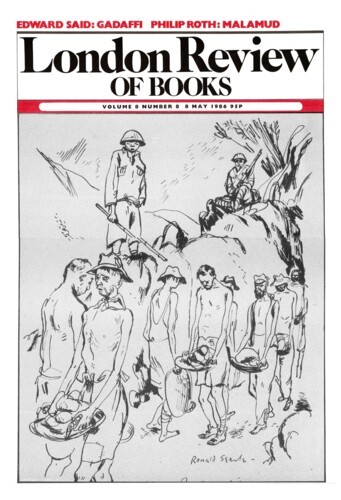Philip Roth talks to the Israeli writer Aharon Appelfeld
Philip Roth, 17 March 1988
Aharon Appelfeld lives a few miles west of Jerusalem in a maze-like conglomeration of attractive stone dwellings directly next to an ‘absorption centre’, where immigrants are temporarily housed, schooled and prepared for life in their new society. The arduous journey that landed Appelfeld on the beaches of Tel Aviv in 1946, at the age of 14, seems to have fostered an unappeasable...




